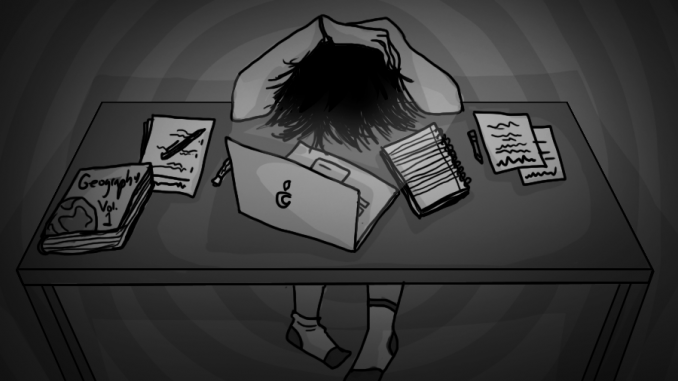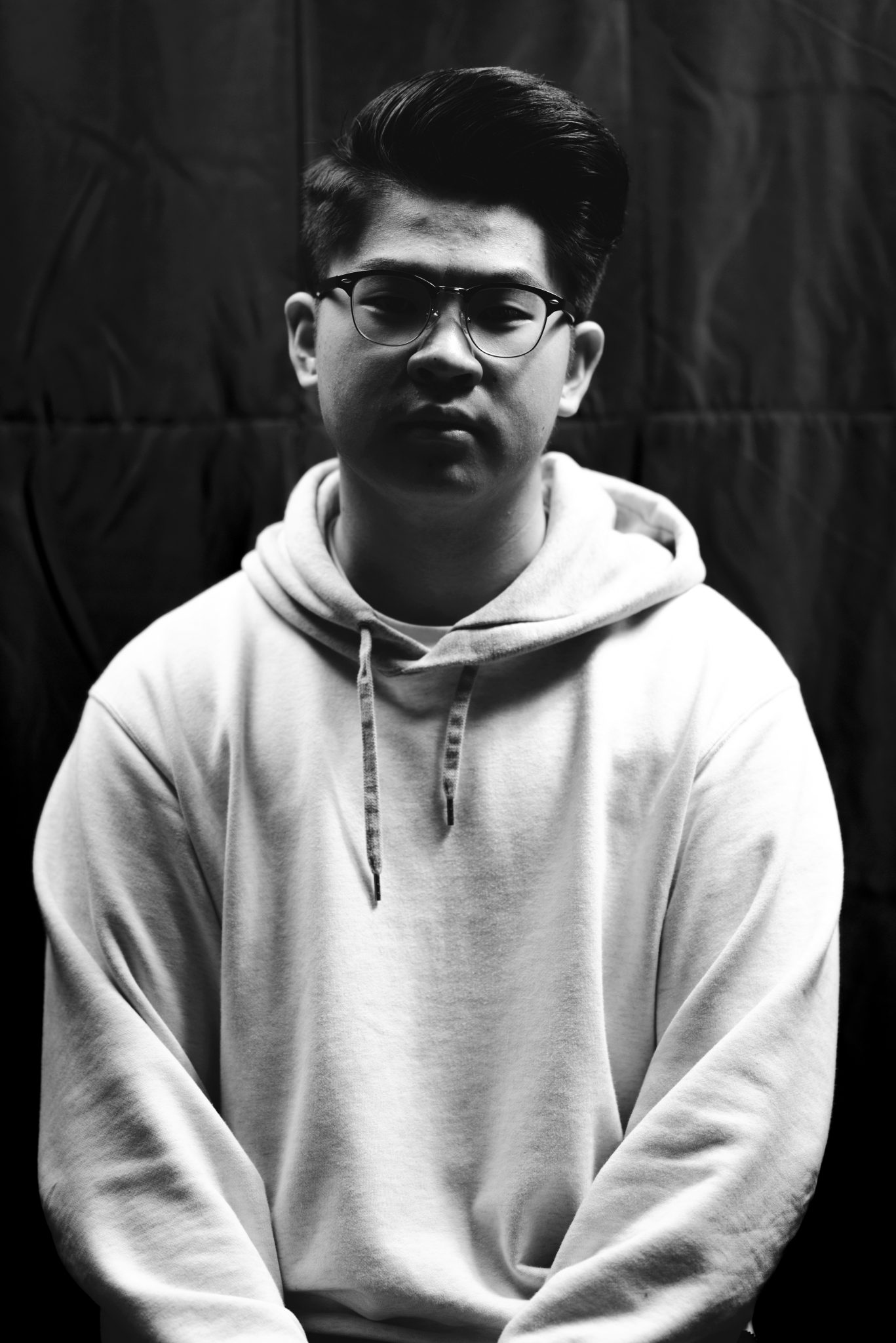
By Gabriela Carranza, Staff Writer

Since the beginning of our return to in-school classes, students have been drained. You can see it all over social media–Instagram and TikTok accounts dedicated solely to posting pictures or videos of kids in classrooms sleeping. At first, one might call that laziness and carelessness about their learning, but that’s not necessarily the truth.
Things have changed for all of us, and yes, society’s transition back to “normal” has been addressed very thoroughly, but what about for students, specifically? Virtual learning took our drive away; so many things we wanted to do with our future were taken away from us because what was the point? We were so used to sleeping during online classes, so when it came to the real thing, many didn’t care; so many did not care anymore.
Online, teachers rarely cared if you were mentally present in that class, yet they still tried to shove information–that we most certainly didn’t care about–down our throats.
Gen Z is always under a microscope; it seems that every little thing we do, older generations will point out and scrutinize. Especially when it comes to school. Kids will normally complain about having a lot of homework and being stressed and overwhelmed. Adults will say that “we don’t know real stress” because we are “too young” to understand what stress really means. Students might stress themselves out for their parent’s approval or self-approval. And sometimes good grades aren’t enough. And then some just don’t care anymore. Similar to a long senior slump, upperclassmen like seniors and juniors are simply not caring enough, doing the bare minimum.
Many students that have more than one AP class know the stress that comes with keeping up with a host of courses. Only some have the luxury of a release for most or some parts of the day, going home to nap or eat something with their friends. We all have priorities, and schoolwork is, for many students, more important than sleeping. For them, it can seem that older generations expect them to have perfect grades because it was so easy for them when they were in school.
According to a recent American Psychological Association study, anxiety levels for teens today is significantly greater than that of kids in the 1950s who spent time in psychiatric facilities. Covid certainly did not help this trend: the stress and worry while doing online school offered little means to help teens focus. According to the Associated Press one analysis found that the average student lost more than half their school learning in math. They found that especially in low-income communities math scores were significantly worse.

In what world is that okay? Children have so much anxiety built up in them. It seems it’s only going to rise over the years. Johnny Shi, a senior MedSci student, said, “We as an age cohort have always been more isolated than others.” Why is Gen Z such an out-of-place generation? Was it because we grew up with too much technology, or maybe we were a little more privileged than our parents? Perhaps it is because we are the generation Earth really depends on. To us, our parents and grandparents have destroyed our planet and now assume that we should do the work to fix their shortcomings.
There is so much stress and dependency on teens today. How is a 15-year-old kid supposed to focus on school when they don’t know if their future will still be waiting for them once they grow older? Annie Hermann, another MedSci senior, summed it all up this way: “Covid made school seem unimportant.”
Because of the pandemic, it seems for so many of us that we can’t depend on much anymore. The world is unreliable; how are we obligated as students to come to a building that we don’t want to come to and learn things that seem unimportant, and are ultimately not going to help us in the real world?
That’s why so many seem so tired, why students don’t care anymore, and why they sleep in class. Shouldn’t we have some sort of stability in our lives? Teachers can go back to not giving or barely giving students homework. It’s not easy keeping up with seven classes, more or less. These endless factors have put newer generations at a unique disadvantage; it’s time for adults to realize this and work with us to fix it.
